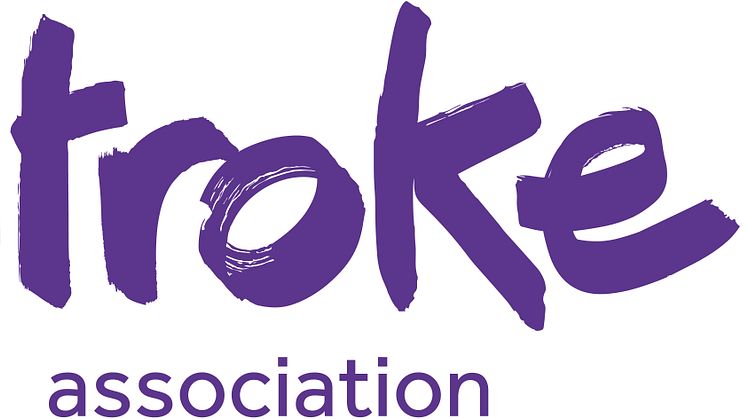
News -
Spring Budget 2017: The Stroke Association’s response
Today’s Budget offered mixed messages for stroke survivors and their families.
The Chancellor announced that social care funding for local councils will be increased by £2 billion over the next three years, with half of this being available from next month.
Similarly, Phillip Hammond has announced extra funding for the NHS in areas undergoing wide-ranging changes as part of the Sustainability and Transformation Plans programme, but has said these decisions, and the details of this extra investment, would only be made clear in the Autumn.
The UK Government’s plans to give extra funding to health and social care also mean that governments in Northern Ireland, Scotland and Wales will have additional money. We hope that those governments will choose to invest this in health and social care because pressure on services is a UK-wide problem.
With regard to research, the Chancellor revealed a £300 million investment programme into science and technology research, including support for up to 1,000 advanced research degrees. Continued investment into stroke research could lead to potentially life-changing breakthroughs for those affected by stroke. However, we would like to see more reassurances from the Government that our departure from the European Union will not undermine the world-class stroke research that takes place in this country.
Commenting on the 2017 Spring Budget, Alexis Wieroniey, Deputy Director of Policy and Influencing at the Stroke Association, said: “The additional funding and investment for health and social care announced today is much needed. However, the Chancellor has missed an opportunity to reassure the UK’s 1.2 million stroke survivors that they will continue to be able to access the vital care and support they need into the future.
“We are concerned that this increased funding is only a temporary stop-gap, and without a sustainable long-term funding solution for social care, the current crisis will only get worse. Far too many stroke survivors struggle to get on the road to recovery without access to the help they need.
“Nearly half (45%) of stroke survivors have told us that they felt “abandoned” after leaving hospital, which is why we want to see decisions on the long-term financial future of health and care services taken now rather than delayed until the Autumn.”










